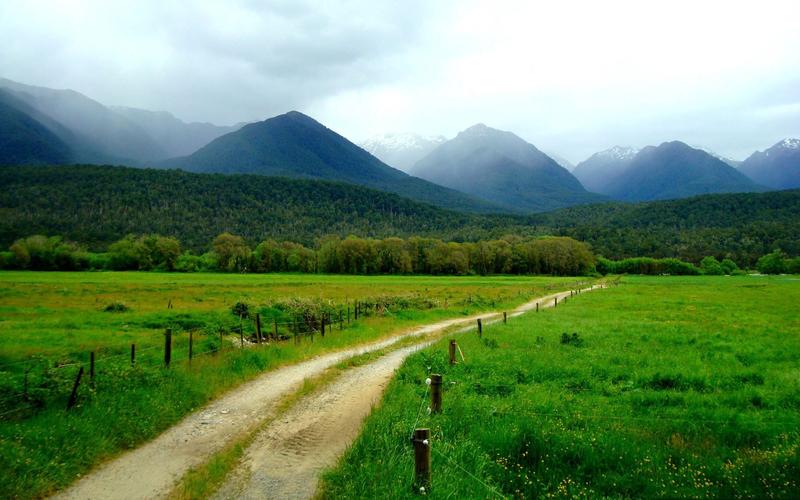The Age of Exploration: Europe’s Quest for New Horizons
Between the 15th and 17th centuries, European nations underwent a period of expansion and exploration which led to the development of the modern world as we know it. The Age of Exploration saw the emergence of powerful empires and the colonization of new territories, which transformed Europe’s role in the world.
During this time, European explorers and navigators, such as Christopher Columbus and Vasco da Gama, set out to discover new trade routes and territories. The discovery of the Americas by Columbus in 1492 opened up a new world of possibilities for the Europeans, who had until then been limited to trading with Asia through the Silk Road. This discovery ignited a wave of exploration and colonization around the world, which brought Europe into contact with new and diverse cultures.
The Age of Exploration also saw the rise of powerful empires, such as the Portuguese, Spanish, and Dutch. These nations expanded their territories through colonization and trade, creating vast overseas empires that spanned several continents. They established trading posts, forts, and ports which allowed them to control the production and distribution of goods such as spices, gold, and silver.
However, the impact of European exploration on the world was not always positive. The colonization of the Americas, for instance, led to the displacement and genocide of the indigenous peoples, while the slave trade brought millions of Africans to the New World as enslaved laborers. Additionally, European diseases such as smallpox had a devastating impact on indigenous populations, killing millions.
Despite these dark moments in history, the Age of Exploration remains a significant period in the development of the modern world. It led to the emergence of new political, economic, and social systems which spread across the globe. The explorers and navigators of this time helped to shape our modern understanding of geography and the world, and their discoveries have had a profound impact on our global culture and society.
In conclusion, the Age of Exploration was a time of great transformation in the history of European civilization. It saw the emergence of powerful empires, the discovery of new worlds, and the colonization of vast territories. While the impact of these events was not always positive, they shaped the modern world and brought us into contact with new and diverse cultures. The legacy of this time is still felt today, and its lessons continue to inform our understanding of the world.
(Note: Do you have knowledge or insights to share? Unlock new opportunities and expand your reach by joining our authors team. Click Registration to join us and share your expertise with our readers.)
Speech tips:
Please note that any statements involving politics will not be approved.
